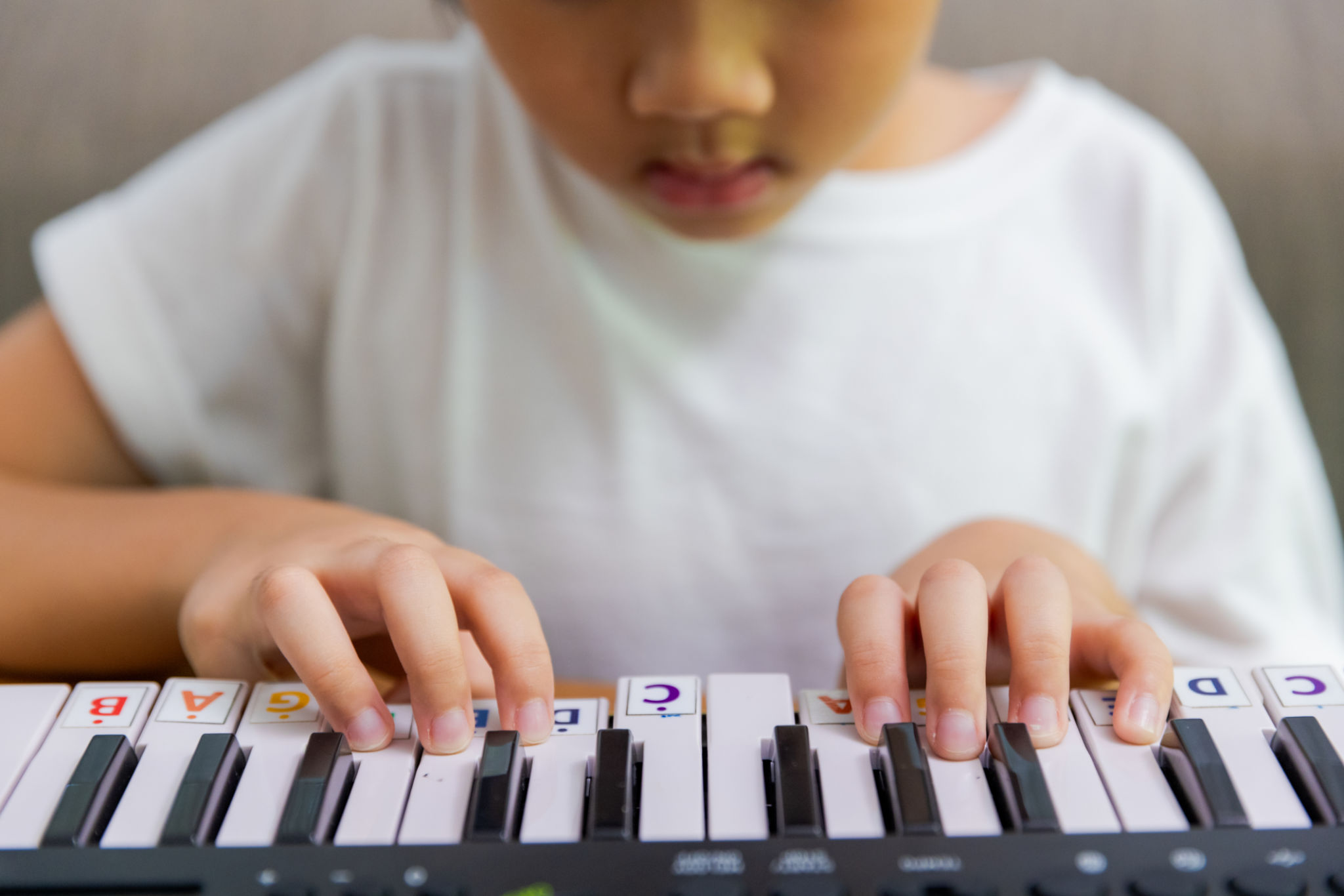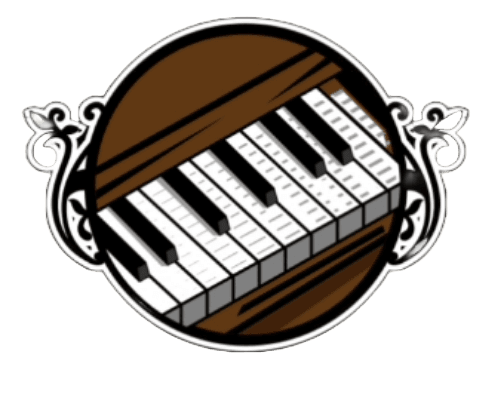Expert Insights: The Benefits of Starting Piano Lessons Early
The Importance of Early Music Education
Starting piano lessons at a young age can be incredibly beneficial for children. Not only does it provide them with a valuable skill, but it also supports cognitive development and enhances emotional growth. Music education has long been recognized for its ability to boost intelligence and improve academic performance.
Research shows that children who engage in music lessons from an early age often excel in other areas of study as well. The structured and disciplined nature of learning an instrument like the piano can foster improved concentration and patience, skills that are transferable to other academic pursuits.

Cognitive Benefits
One of the most significant advantages of starting piano lessons early is the impact on cognitive abilities. Learning to play the piano requires the use of both hemispheres of the brain, enhancing brain function and improving memory. Children who learn to play the piano often exhibit better problem-solving skills and increased spatial-temporal abilities.
Furthermore, playing the piano helps develop fine motor skills. The coordination required to read music and translate it into hand movements promotes dexterity and precision. These skills can benefit children in various activities, from sports to writing.
Emotional and Social Growth
In addition to cognitive benefits, piano lessons offer substantial emotional and social advantages. Music is a universal language that encourages self-expression and creativity. Children who learn to play the piano often experience a boost in self-esteem and confidence as they master new pieces and perform for others.

Moreover, participating in music sessions can facilitate social interactions. Playing music in groups or ensembles teaches children the importance of teamwork and communication. These experiences can help children develop empathy and build lasting friendships.
Academic Enhancement
Incorporating piano lessons into a child's routine can also positively affect their academic performance. The discipline required to practice regularly translates into improved time management skills, which are crucial for academic success. Studies have shown that students who participate in music education often achieve higher scores in subjects like mathematics and language arts.
Additionally, learning music theory involves understanding patterns, fractions, and ratios, which directly relate to mathematical concepts. This connection between music and math can make learning more engaging and intuitive for young students.

Building a Lifelong Skill
Starting piano lessons early not only provides immediate benefits but also lays the foundation for a lifelong appreciation of music. The skills acquired through piano lessons can be applied to learning other instruments, broadening a child's musical horizons.
As children grow, their ability to understand and interpret complex compositions will increase, opening doors to advanced musical opportunities. Whether they continue to pursue music professionally or as a hobby, the early start ensures they have a solid foundation to build upon.
Conclusion
In sum, beginning piano lessons at an early age presents numerous benefits that extend beyond simply learning an instrument. From enhancing cognitive abilities to fostering emotional growth, the impact of early music education is profound and lasting. By investing in piano lessons for your child, you provide them with a tool for success in various aspects of life, creating a well-rounded and enriched future.
